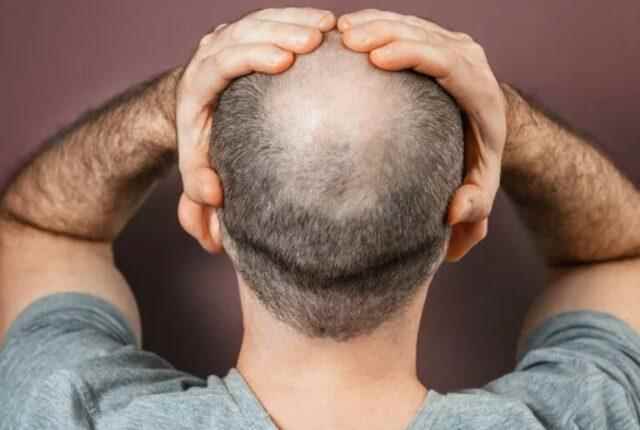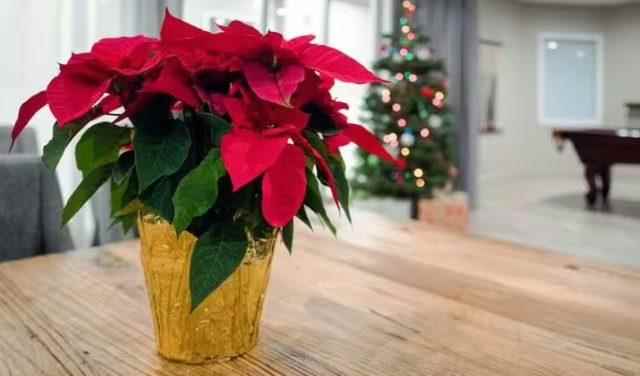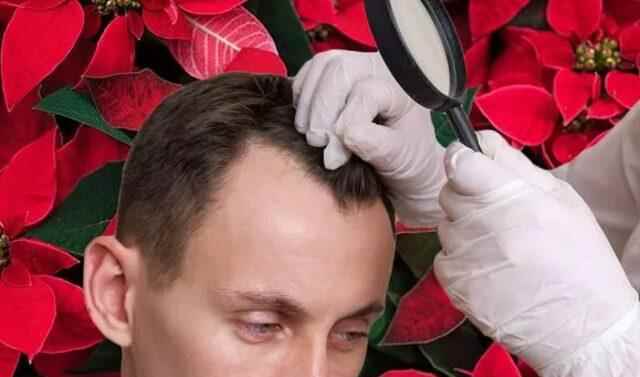The flowers used to make the house look much more lively and well-groomed can sometimes pose a danger to our health. Hair loss caused by plants tends to occur after ingestion. However, some flowers contain sap, which is known to have depilatory effects and can cause instant hair loss. Experts advise people to be cautious about coming into contact with certain festive plants. When left on the skin for too long, its toxic fluids can cause significant hair loss.
Poinsettia, a plant native to the tropical forests of Mexico, is among the indispensable flowers of the winter months. Hair Loss and Transplantation Specialist Gökhan Vayni said, “Poinsettia flowers are houseplants that form colored lead bracts in pink, burgundy, salmon and cream tones. Growing up to 4 meters tall, the plants are traditionally displayed in homes during the festive season and are a complement to our Christmas decorations. But they are known to be linked to hair loss.”
CONTACT WITH HERB JUICE CAN CAUSE HAIR LOSS

If a person comes into direct contact with the sap, which weeps rapidly when the plant is damaged or a leaf is torn off, it can cause hair loss. Vayni, “The extract extracted from the plant has depilatory properties. If the sap stays on any part of the body, including the scalp, for a long time, it can cause hair loss when wiped.” said.
PREVENT PLANT BREAKING
The plant itself is perfectly safe to transport, but it is very important to handle the plant carefully so as not to break or cut the plant, causing dangerous sap to flow out. The expert continued: “Since plants are popular in homes this time of year, I highly recommend leaving them out of the reach of small children to avoid breakage and danger to plants.

RISK FOR PETS
The milky extract of poinsettia also poses a potential risk to pets, as it can irritate cats’ mouths and esophagus. However, the Pet Poison Helpline states: “While poinsettia is often ‘exaggerated’ as poisonous plants, it is rarely so, and poisoning is greatly exaggerated. Mild vomiting, drooling, or occasional signs of diarrhea may occur if ingested. If milk extract is exposed to the skin, skin irritations (including redness, swelling, and itching) may develop.”
